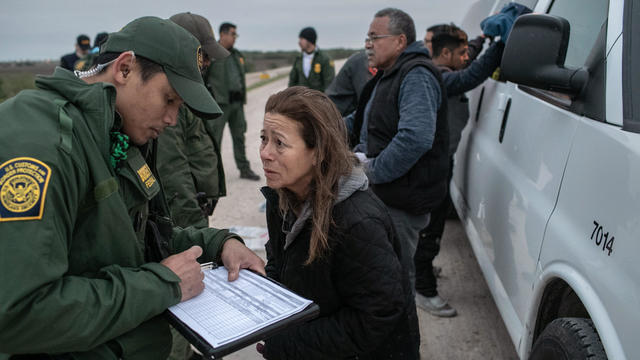
Drop in border apprehensions continued in December
The Trump administration attributed the drop to a controversial border policies, including denying some migrants access to asylum.
Watch CBS News

Camilo Montoya-Galvez is an award-winning reporter covering immigration for CBS News, where his reporting is featured across multiple CBS News and Stations platforms, including the CBS News 24/7, CBSNews.com and CBS News Radio.
Montoya-Galvez is also part of CBS News' team of 2024 political campaign reporters.
Montoya-Galvez joined CBS News in 2018 and has reported hundreds of articles on immigration, the U.S. immigration policy, the contentious debate on the topic, and connected issues. He's landed exclusive stories and developed in-depth reports on the impact of significant policy changes. He's also extensively reported on the people affected by a complex immigration system.
Before joining CBS News, Montoya-Galvez spent over two years as an investigative unit producer and assignment desk editor at Telemundo's television station in New York City. His work at Telemundo earned three New York Emmy Awards.
Earlier, he was the founding editor of After the Final Whistle, an online bilingual publication featuring stories that highlight soccer's role in contemporary society.
He was born in Cali, Colombia's third-largest city, and raised in northern New Jersey.
He earned a bachelor's degree in media and journalism studies/Spanish from Rutgers University.

The Trump administration attributed the drop to a controversial border policies, including denying some migrants access to asylum.
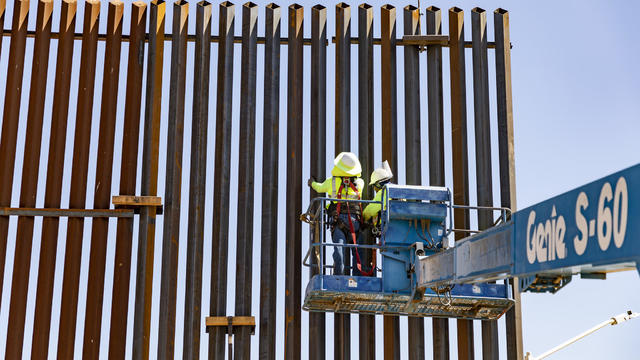
In a 2-1 ruling, the 5th Circuit Court of Appeals granted the Trump administration's request to stay a previous ruling by the 9th Circuit Court of Appeals.
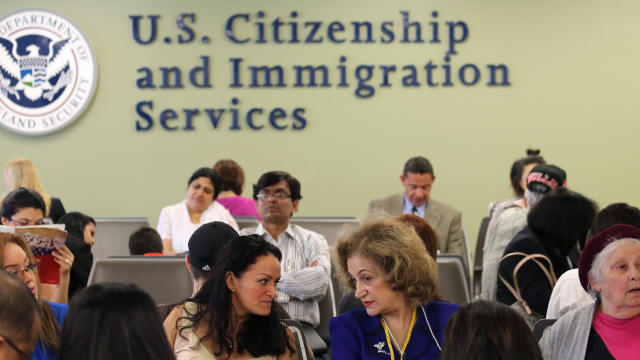
The rule would make it easier for the government to reject visas and green cards from people officials determine rely — or will rely — on public benefits.
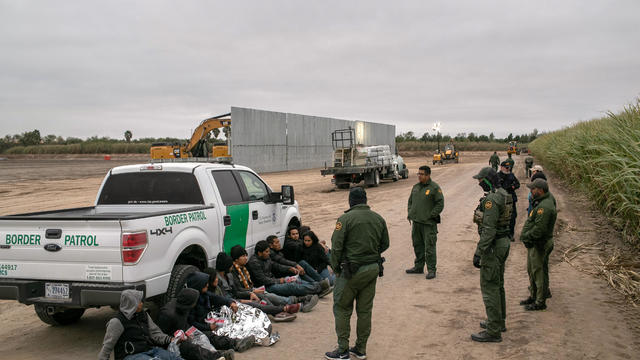
Advocates have decried the practice as intrusive, saying it could enable the Trump administration to create a massive database to surveil immigrants.
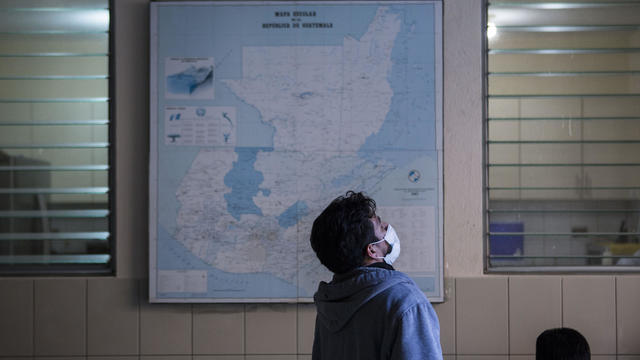
The U.S. has sent 85 asylum-seekers to Guatemala. Only six have applied for asylum there, with the rest requesting help returning home.
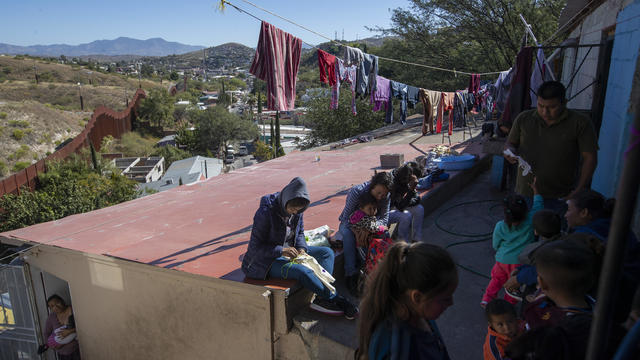
Asylum-seekers sent to Nogales, Mexico, will have to find a way to make an 8-hour journey to attend court hearings in El Paso.
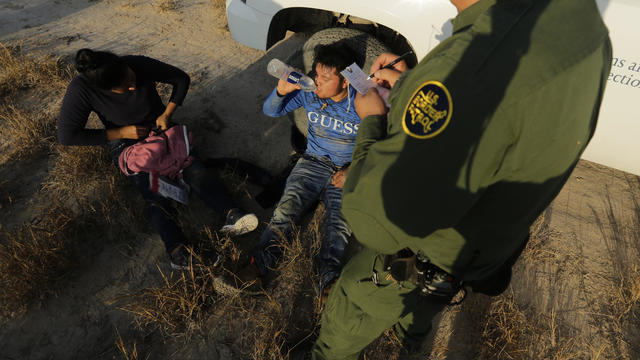
Advocates say the policy denies asylum-seekers due process, restricts access to lawyers and effectively ensures their prompt deportation.
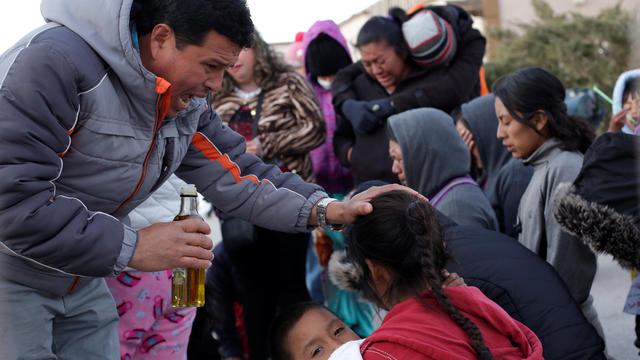
2019 was arguably the Trump administration's most successful one in its quest to severely restrict asylum and overhaul the legal immigration system.
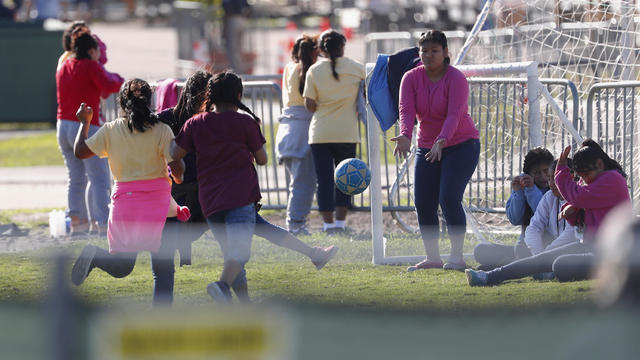
ICE says the effort is designed to ensure the safety of migrant minors in U.S. custody, but advocates believe it is a move to deport undocumented immigrants who try to sponsor their children family members.
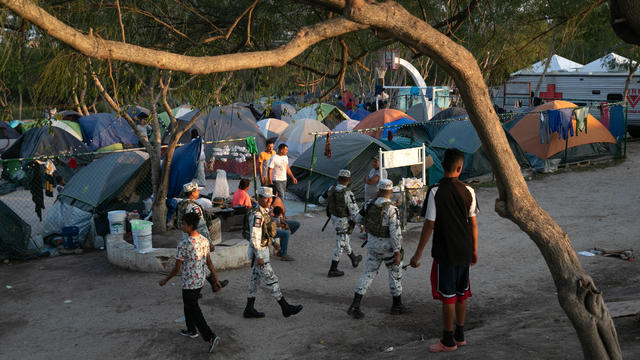
The Trump administration is weighing the possibility of sending Mexican asylum-seekers to Guatemala, which has seen hundreds of thousands of its own citizens trek north in the past year.

The creation of the legalization program is an unlikely victory for immigrant advocates under the Trump administration, which has overseen a crackdown on both legal and unauthorized immigration.
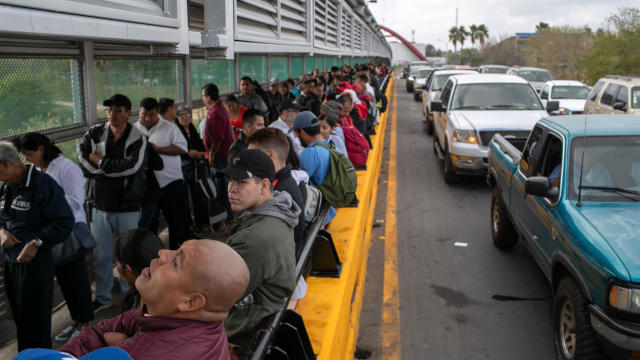
The proposed rule would block migrants from seeking asylum if they committed certain crimes, including using false documents and possession of a controlled substance.
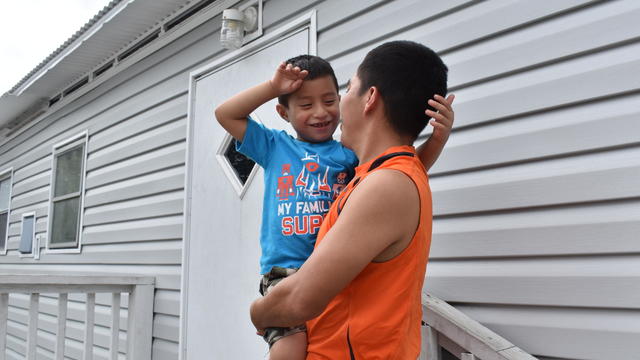
Since June 2018, the administration has separated 1,134 migrant families. Advocates and the government disagree over whether they were justified.
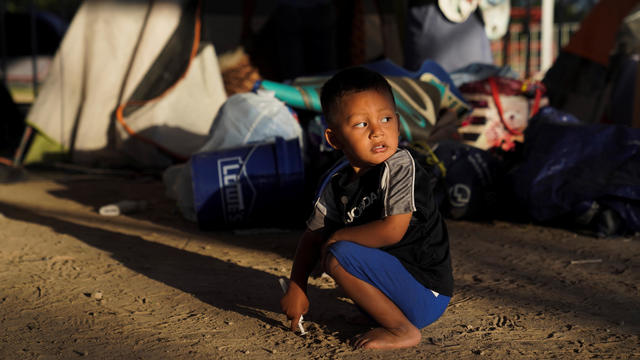
Official believe their stringent measures to restrict access to America's asylum system are sending a powerful message of deterrence
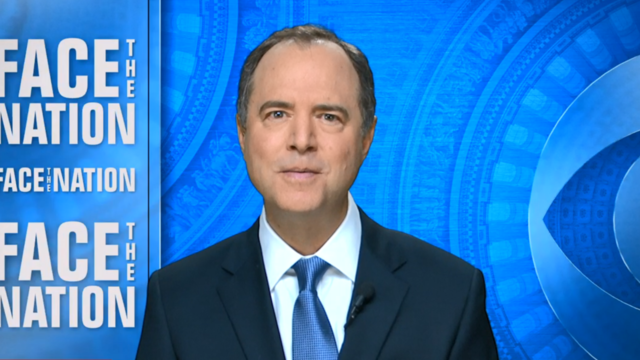
The chair of the House Intelligence Committee said Democrats can't charge every transgression they believe President Trump has committed while in office in their articles of impeachment